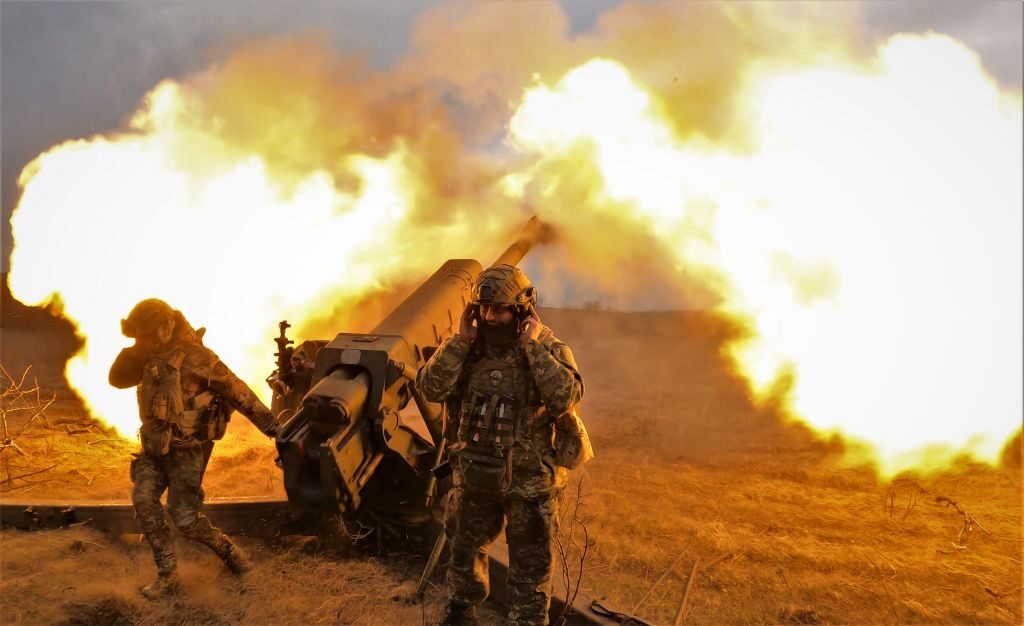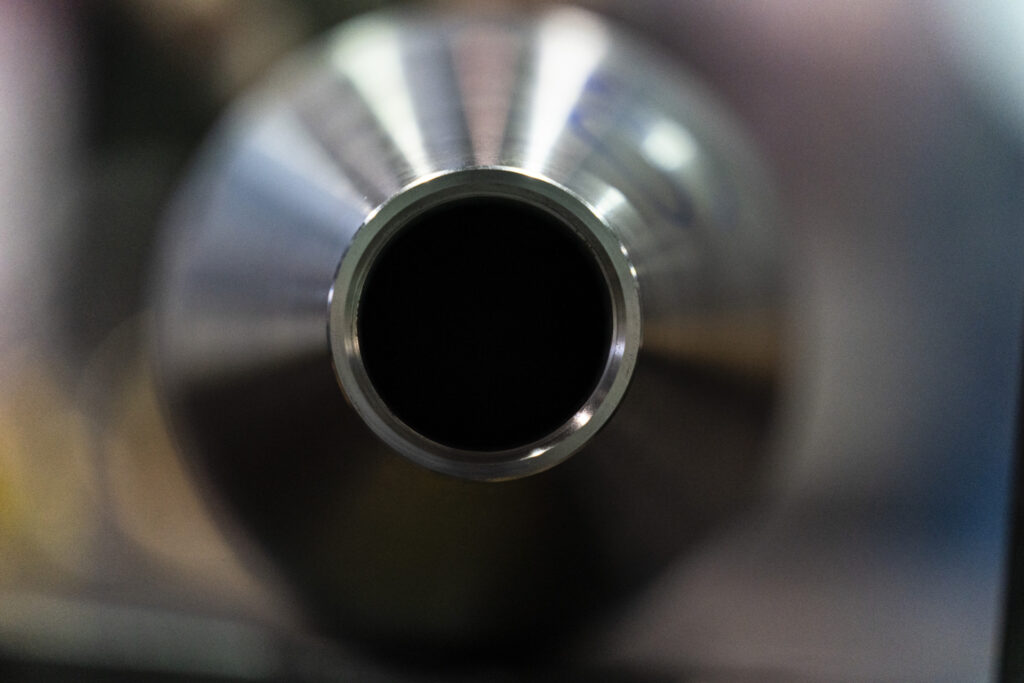More On: Ukraine
U.S. Heavy Ammunition Stocks and Manufacturing Capabilities Are Being Hit by Ukraine Demand
Just say no to the new war that won't end
A Crisis Made in the World
Ukraine is moving into a new dark age of drone warfare
Meta disables Russia's network of propaganda aimed at Europe
Due to the U.S.'s inability to develop heavy weapons quickly enough to satisfy Ukraine's ostensibly insatiable demand, manufacturing capabilities are under unprecedented pressure and reserve inventories are being depleted.
According to an AP report published on Sunday, the Scranton Army Ammunition Plant is in charge of a massive Pentagon initiative to upgrade and speed up the manufacture of weapons and ammunition in order to support Ukraine and prepare for a possible battle with China.
The problem is that demand is outpacing supply.
The U.S. stockpile of 155 mm shells and those of its European allies were depleted by the invasion of Ukraine, leaving them unfit to support a significant and ongoing conventional field battle.
Analysts foresaw the looming supply-side problems last year, but it is only now that they are raising more urgent public concerns.
Analysts warned that U.S. military support for Ukraine has pushed U.S. military stockpiles to "dangerously low levels." https://t.co/IgOfzlbXeD
— Breitbart News (@BreitbartNews) October 2, 2022
Pentagon planners are concerned about the supply running out, so the Army is now planning to invest billions in munitions sites around the nation in what it considers its most important overhaul in 40 years.
The United States has given Ukraine weaponry and equipment worth more than $35 billion so far.
To speed up delivery to Ukraine's front lines, the Pentagon has withdrawn ammunition for High Mobility Artillery Rocket Systems, precision aerial bombs, TOW guided missile systems, AT-4 anti-armor weapons systems, anti-tank mines, and demolition munitions.
 On March 21, 2023, in the midst of the Russian invasion of Ukraine, Ukrainian forces fire with a D-30 artillery towards Russian positions close to Bakhmut, eastern Ukraine. Getty Images (SERGEY SHESTAK/AFP)
On March 21, 2023, in the midst of the Russian invasion of Ukraine, Ukrainian forces fire with a D-30 artillery towards Russian positions close to Bakhmut, eastern Ukraine. Getty Images (SERGEY SHESTAK/AFP)The help stems from the President's ability to use existing U.S. military stocks under the Presidential Drawdown Authority.
The 155 mm shell, along with sophisticated air defense systems, long-range missiles, and tanks, is one of the most frequently requested and supplied items.
According to AP, the rounds are essential to Ukraine's battle since they enable the country to hit Russian locations up to 20 miles away with a highly destructive munition.

An 155 mm M795 artillery projectile during the manufacturing process at the Scranton Army Ammunition Plant in Scranton, Pa., Thursday, April 13, 2023. One of the most important munitions of the Ukraine war comes from a historic factory in this city built by coal barons, where tons of steel rods are brought in by train to be forged into the artillery shells Kyiv can’t get enough of — and that the U.S. can’t produce fast enough. (AP Photo/Matt Rourke)
“Unfortunately, we understand that the production is very limited and it’s been more than a year of war,” Ukraine parliamentary member Oleksandra Ustinova said at a German Marshall Fund media roundtable in Washington on Monday. “But unfortunately we are very dependent on 155.” the AP reports then makes clear the trouble that lies on the horizon:
But even with higher near-term production rates, the U.S. cannot replenish its stockpile or catch up to the usage pace in Ukraine, where officials estimate that the Ukrainian military is firing 6,000 to 8,000 shells per day.
In other words, two days’ worth of shells fired by Ukraine equates to the United States’ monthly pre-war production figure.
The Pentagon has acknowledged that it was searching its weapons caches in foreign nations, as was revealed in January.
The Pentagon is withdrawing weapons from its stockpiles in Israel and South Korea, according to Deputy Defense Press Secretary Sabrina Singh, to meet the demand for weaponry in the conflict between Russia and Ukraine.
"We are providing Ukraine with a variety of ammunition, supplies, capabilities, and equipment on a fairly regular basis, and part of that is making sure we can do it swiftly. In order to withdraw from our stocks and inform them of it, we have been collaborating with [Republic of Korea] and Israel, according to Deputy Defense Press Secretary Sabrina Singh.






















